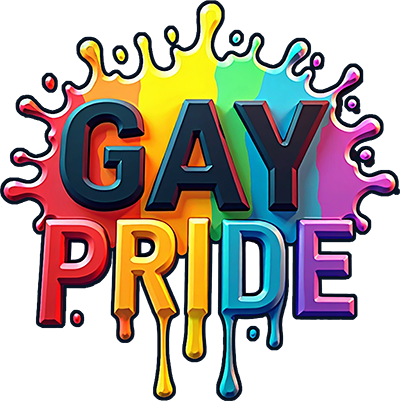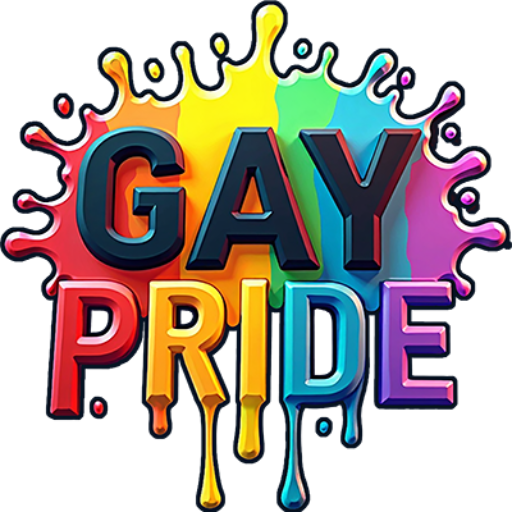Standing Tall: Overcoming LGBTQ Discrimination and Hate
In today’s world, the fight for LGBTQ rights has seen significant progress, yet discrimination and hate remain prevalent challenges for the community. Understanding how to overcome these obstacles is crucial for both those within the LGBTQ community and allies who wish to offer support. This blog post delves into the current landscape of LGBTQ discrimination, offers strategies for overcoming hate, and highlights the importance of standing tall in the face of adversity.
The Current Landscape of LGBTQ Discrimination
Despite advances in LGBTQ rights, discrimination remains a stark reality. According to a 2023 Gallup poll, about 40% of LGBTQ individuals in the United States report experiencing some form of discrimination. This includes discrimination in employment, housing, and public accommodations. Such statistics highlight the ongoing challenges faced by the LGBTQ community.
Forms of Discrimination
LGBTQ discrimination manifests in various forms, including but not limited to:
Workplace Discrimination: Many LGBTQ individuals face bias in hiring, promotions, and job security. The Human Rights Campaign reports that nearly half of LGBTQ workers hide their identity at work for fear of discrimination.
Healthcare Disparities: LGBTQ individuals often experience barriers to healthcare access and quality. The Center for American Progress found that 15% of LGBTQ Americans have postponed or avoided medical treatment due to discrimination.
Overcoming LGBTQ Discrimination and Hate
Addressing and overcoming discrimination requires a multifaceted approach. Here are some effective strategies:
Building Support Networks
Establishing a strong support network is crucial for resilience. This includes connecting with LGBTQ organizations, local community groups, and safe online platforms. For example, The Trevor Project offers crisis intervention and suicide prevention services to LGBTQ youth. Having a support system can provide emotional strength and practical resources.
Advocating for Policy Change
Engaging in advocacy efforts can drive systemic change. Participating in local and national campaigns, voting for LGBTQ-friendly policies, and supporting organizations that lobby for equal rights are powerful ways to combat discrimination. Notably, the American Civil Liberties Union (ACLU) has been instrumental in advocating for LGBTQ rights through litigation and public policy.
Education and Awareness
Promoting education and awareness about LGBTQ issues is essential for reducing prejudice. Schools and workplaces can implement diversity training programs to foster a more inclusive environment. Additionally, individuals can educate themselves and others by reading LGBTQ literature, attending seminars, and engaging in open dialogues.
The Role of Allies in Overcoming Hate
Allies play a critical role in supporting the LGBTQ community. Here are ways allies can contribute:
Listening and Learning
Allies should prioritize listening to the experiences and needs of LGBTQ individuals. This involves actively seeking out educational resources and being open to learning from the community. Understanding diverse perspectives helps allies become more effective advocates.
Speaking Up Against Hate
Allies should not remain silent in the face of discrimination or hate speech. Whether in social settings, online platforms, or workplaces, allies can challenge harmful language and behavior. This can create a ripple effect, encouraging others to stand up against injustice as well.
Supporting LGBTQ Initiatives
Allies can support LGBTQ initiatives by volunteering, donating, and participating in events such as Pride parades. These actions demonstrate solidarity and contribute to building a more inclusive society.
Conclusion: Standing Tall in the Face of Adversity
Overcoming LGBTQ discrimination and hate is a collective effort that requires resilience, advocacy, and allyship. By building support networks, advocating for policy changes, and promoting education, the LGBTQ community can stand tall against adversity. Allies play a vital role in this journey by listening, speaking up, and supporting initiatives that foster inclusivity. Together, we can create a world where everyone, regardless of their sexual orientation or gender identity, is treated with dignity and respect.
For more information and resources, consider visiting organizations such as GLAAD and the Human Rights Campaign.

